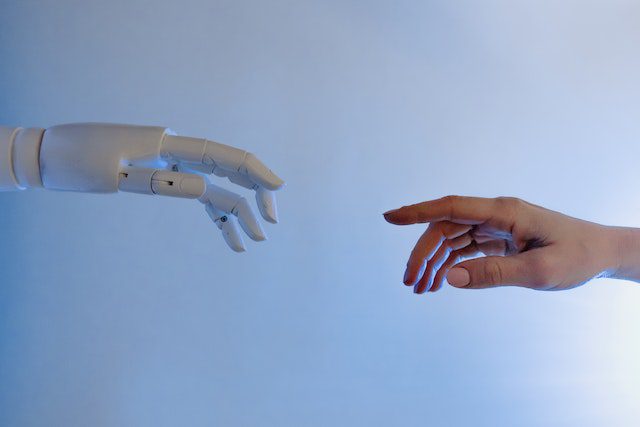
We are on the cusp of a new era in medicine, one in which artificial intelligence (AI) will play an increasingly important role. Already, AI is being used to diagnose diseases, plan surgeries, and predict patient outcomes. And as the technology continues to evolve, its impact on medicine will only grow.
In the future, AI will transform how we protect and promote our health. It will help us gather and interpret data on an unprecedented scale and speed.
Detect disease patterns
AI-powered analytics will enable us to identify patterns of disease faster and more accurately than ever before. And AI-assisted robots will becoming increasingly adept at performing surgery and other complex medical procedures.
Potentially identify new drugs
One area where AI is already making a big impact is drug discovery. By combing through massive amounts of data, AI can identify potential new drugs much faster than traditional methods. In the future, AI may also be used to personalize treatments based on a patient’s individual genetic profile.
Data-driven diagnosis
AI will also have a major impact on public health. Using data from wearables and other devices, AI can detect early signs of epidemics and help contain them before they spread too far.
By analyzing trends in social media posts and search engine queries, AI can provide real-time insights into people’s health concerns and needs.
In the future, AI will help us lead healthier and longer lives. It will make incredible advances in our understanding of human health and disease. It will enable us to do things that are today impossible, like curing cancer or extending life by decades.
The potential impact of artificial intelligence (AI) in the biotechnology industry is vast. And while it is still early days, there are already a number of AI-powered tools and technologies making a big impact.
In drug discovery, for example, AI is being used to identify potential new drugs much faster than traditional methods. In the future, AI may also be used to personalize treatments based on a patient’s individual genetic profile.
Detect epidemics
In public health, AI is being used to detect early signs of epidemics and help contain them before they spread too far. And by analyzing trends in social media posts and search engine queries, AI can provide real-time insights into people’s health concerns and needs.
AI is also starting to play a role in diagnosis and treatment planning. Already, AI systems are being used to diagnose diseases and predict patient outcomes with increasing accuracy. And as the technology continues to evolve, its impact on medicine will only grow.
In the future, AI will help us lead healthier and longer lives. It will make incredible advances in our understanding of human health and disease. And it will enable us to do things that are today impossible, like curing cancer or extending life by decades.





